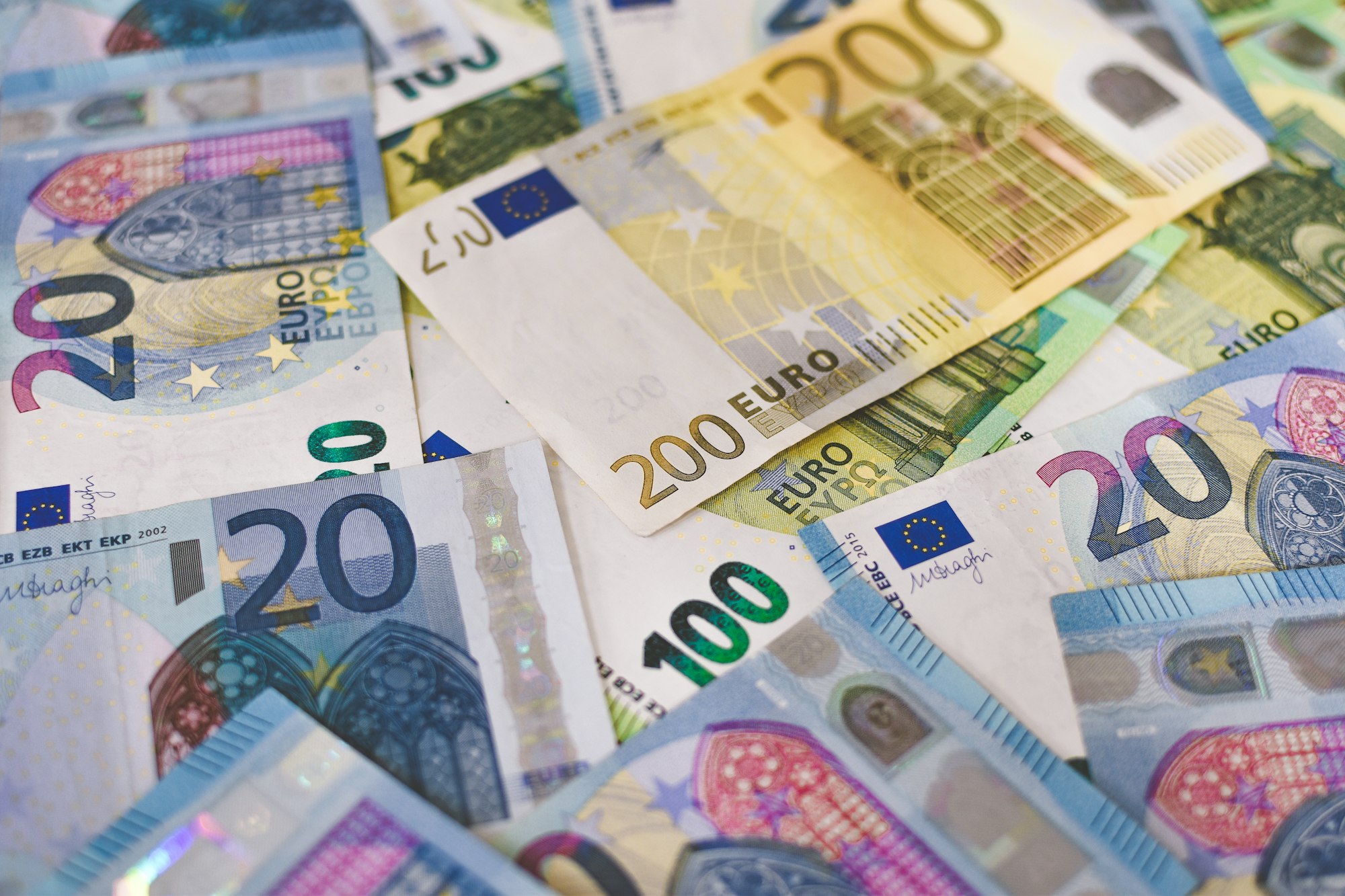FXOpen

The Euro has been under massive scrutiny during the past two years.
The European Union's single monetary unit has been intrinsically linked to a prolonged period of economic doldrums caused by many of the member states' policy relating to lockdowns and the slow recovery that ensued along with supply chain shortages and a workforce that was not at anywhere near full capacity.
The result of the policies of the past two years has only recently begun to make itself known, and the markets have responded by demonstrating a period of time at which the Euro hit a 22 month low against the US Dollar at the beginning of March this year.
Now, however, with the focus having completely switched to how the world is reacting to the current conflict that is taking place in Ukraine, the currency markets are beginning to display a different pattern.
By 9.00am UK time on Wednesday March 16, the Euro had begun to extend its three-day recovery against the previously strong US Dollar and was up by 0.3% a $1.099.
This follows a period where it briefly reached $1.10 after Russian spokesman Sergei Lavrov publicised the possibility that some deals with the Ukrainian government were under serious consideration.
This morning's jump in price demonstrated by the Euro is now being looked at carefully. If it continues to rise, this would represent the third consecutive day of increasing Euro values against the US Dollar, which is being dogged by flagging stock markets in the United States.
Both the NASDAQ and S&P500 closed at very low points at the end of last week, as traders compounded their expectations for the amount of Federal Reserve policy tightening that could occur this year, and await the outcome of President Biden's trip to unspecified destinations in Europe whilst the current conflict is ongoing.
Another factor is the government-imposed lockdown in Shenzhen, China, which has caused one of Apple's suppliers to halt production operations, affecting the overall performance of 'big tech' stocks on the US indices, and an overall 12% slump in Chinese stocks listed in the US.
Therefore, perhaps the Euro's gaining ground over the US Dollar is less to do with the Eurozone's economy recovering from two years of its own lockdowns and travel bans, and more to do with concerns over the immediate state of the US economy or any impending matters that could come from the Fed's moves on tightening, President Biden's trip to Europe and the US stock slumps.
Volatility is definitely here, and at a level not seen for quite some time.
This article represents the opinion of the Companies operating under the FXOpen brand only. It is not to be construed as an offer, solicitation, or recommendation with respect to products and services provided by the Companies operating under the FXOpen brand, nor is it to be considered financial advice.
Stay ahead of the market!
Subscribe now to our mailing list and receive the latest market news and insights delivered directly to your inbox.








